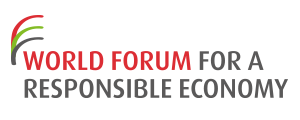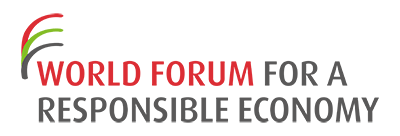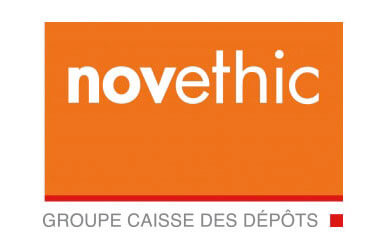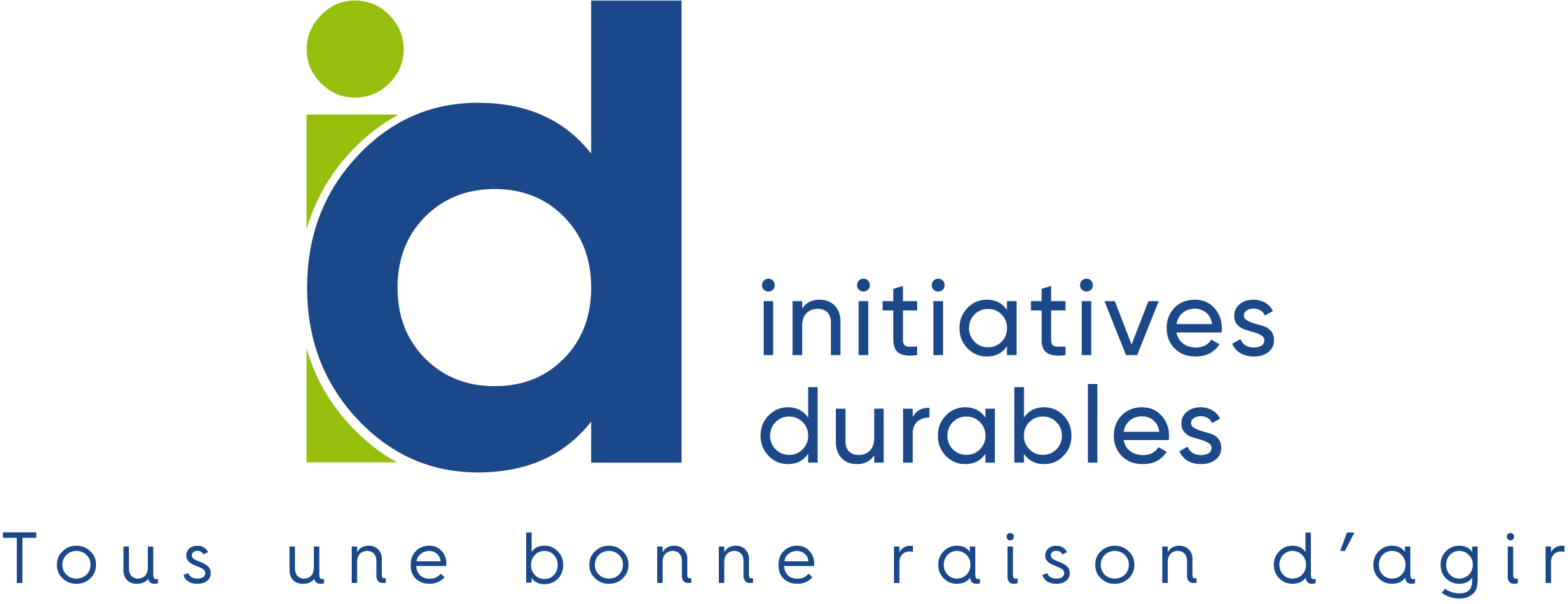Bangladesh is among the countries with the highest population in the world and also one of the poorest countries in Asia. In 2006, 50% of the population was living below the absolute poverty line and 9,5 million young children were suffering from a growth deficiency. Muhammad Yunus created the Grameen Bank in 1983 to find a solution to the way things were. This microfinance bank’s main activity is to sell microcredit. In 2006, the Danone Group decided to back the Grameen Bank’s cause. They agreed on launching together a jointventure called Grameen Danone Foods.
GRAMEEN DANONE FOODS : a socially innovative business model
6. Clients and consumers
Access to basic services



Context
Objectives
- Creating jobs, providing easily affordable dairy products and protecting the environment through the implementation of a unique community-based model.
APPROACH
Grameen Danone Foods implemented an innovative “business model” adjusted to the country.The fundamental basis of this « business model » is:
- The product itself: the yogurt was designed to react to Bangladi children’s nutritional deficiencies, and it can be bought regularly even by the poorest families. It is produced with local cow's milk and date molasses and contains the natural calcium proteins needed for growth. It is also enriched in micronutrients, and an 80g pot sold at a price of 6 euro cents provides children with 30% of recommended daily amount of vitamin A, iron, zinc and iodine.
- The production line: local dairy farmers are given the micro credit to start or develop a dairy products activity and are offered Danone’s experience to improve the product’s quality. The Bogra-located factory is based on a “win-win” social model and a production line with very little machinery to favour the workforce. The delivery is managed by a door-to-door network of "Grameen Ladies", furnished by small wholesalers.
- The considered use of resources: the factory uses a solar water-heater, a rainwater recovery system; the yogurt pots are produced from corn starch and are entirely biodegradable.
CONTRIBUTION TO COMPANY PERFORMANCE
- Social and economic development of the area: investment in a new, potential market; the factory produces on average
3,000 yogurts a year.
- 2 new factories are planned to be built in 2008.
- A less expensive energy bill for the factory.
Benefits
- A better alimentation for locals, and children in particular, helping to
overcome nutritive deficiencies
- 50 people have been employed in the Bogra-located plant
- 1,600 inhabitants of the area got an income or a greater income.
- Turnover
- 14 600 000 000 €
- Country
- Bangladesh
















